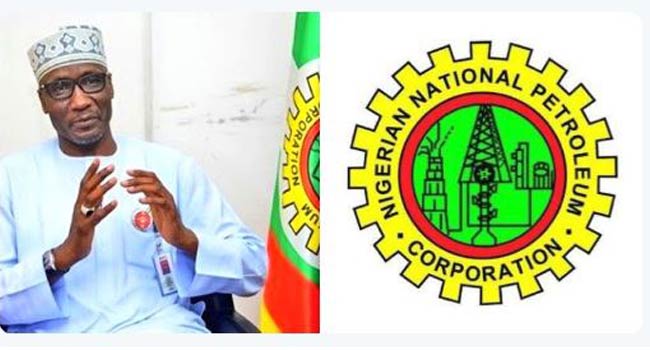Can chase for foreign investors yield when policies in oil sector remain short-lived?
Globally, investors move their hard earned funds to domains where industry policies came and stay for long without summersault or changes that may destabilize investment calculations.
Though the Nigerian International Petroleum Summit (NIPS) has come and gone, the way and manner government officials handled presentations bordering on oil and gas investments with blackout on discussing the state of the Nigerian refineries leave much to be desired and is capable of sending fears to investors.
A scenario capable of frustrating both existing and incoming investors can be seen between the call for $100bn investment to drive the oil sector by the Minister of State for Petroleum, Dr. Ibe Kachukwu and the stop order handed down to the Nigerian National Petroleum Corporation (NNPC) by the House of Reps who had written to the government to Withhold $1.8bn ear-marked for refineries on Turnaround Maintenance for the four national refineries.
Business Hilights gathered that the stop order became necessary based on billions of dollars so far pumped into the refineries without any meaningful results over the years.
Besides, deduction from the body language of the President of the country, who doubles as the senior Minister of Petroleum in not attending the event in the understanding of foreign investors, means a lot in final decision making for credible investors’.
Again, whereas a section of government officials agree that time has come to recognize the activities of the so-called illegal refineries so that modern technological assistance can be tailored to them for upgrade, another section still saw the act as criminals even though they use a low rated technology.
During the summit, not much was said on security challenges which mean that government still feels that all is well. Also, several promises made to Niger Delta during last year’s visit of the Vice President are yet to be redeemed and such delays or blackout may further weaken the seriousness of investors.
One of the promises was the presidential order to International Oil Companies (IOCs) to relocate their headquarters to oil producing communities in the Niger Delta. It was discovered that since the order was made by Osinbajo, no official federal bite had been accorded to the order in terms of implementation and oil majors are still hosting their head offices outside the producing region of Niger Delta till date.
Analysts say government needs to enthrone transparency in the oil and gas sector to make both new and existing investors come to terms with the determination of the government to grow the industry.
Kachukwu who alluded to the transparency fears of stakeholders, said “Transparency is key. We continue to have the negative vibe in transparency. What it says to us is that something must still be missing.
“Given the fact that the cardinal focus of this administration is anti corruption, we must ensure that whatever we do, we must give serious attentions to transparency.
“We need to look at our processes; we need to look at our contractual terms, we need to review our patronage culture; we need to diversify the opportunities.
“When we are transparent, investors get a lot confidence and are able to come in droves,” the minister said.
Other issues he listed that needed to be addressed urgently included security, cost of producing a barrel of crude and full deregulation.
“The federation is worried about the fact that while countries like Saudi Arabia are targeting cost per barrel below 10 dollars, we are still oscillating in the mid-20s.
“I am happy that one or two International Oil Companies have been able to achieve production cost of about 15 dollars, we still need to get everybody else to take that model.
“One of the things that we are going to be seeing is how to incentivise those who have the least cost production and not to penalise but quite frankly pull the ears of those who want to continue to run a high cost profile.
“In an era in which OPEC quotas are going to be obviously in place over the next two years, I will not be surprised if we get to a point where those who give us the least cost oil will get the first preference in terms of the barrels that we will put in the market.
“Cost is very important and we have to look at it,” he said.
Projecting into the future, he said “over the next five years, we will like to look at the production volumes.
“We are targeting about three million barrels over the next five years and the projects that we have on ground can get us there.
Kachukwu further urged Nigerian investors to come on board as his target was that the local production of oil output would in five years be 25 per cent.








